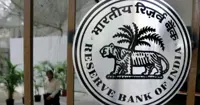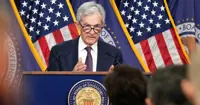UK government to crack down on online sales tax avoiders
25 Jul 2015
Online sellers who use websites such as Ebay to make money but fail to declare it could face one of the "biggest tax crackdowns in history".
As part of plans for obtaining details of millions of online transactions, the UK tax officials would collect 'bulk' information from internet companies to target thousands of people who did not declare income they made online.
The costs from the failure run into billions of pounds annually.
Under the new powers, HMRC would be able to access information from Paypal, the online payment company owned by Ebay, smartphone app stores run by Apple and Google, holiday comparison websites and other online retailers.
It meant thousands of UK citizens who let out their homes on the internet or sold goods on eBay without paying tax would be targeted.
According to the consultation document published by HMRC, the taxman would be able to use the powers to collect the names, addresses and revenues of any businesses, which used the websites.
They would then compare the information with tax returns filed by the businesses and use it to pursue those who had failed to pay.
According to senior tax accountants, the scale of the data collection was 'huge' and amounted to a 'radical' change in the way HMRC conducted its business.
Under existing laws, HMRC can access certain data but it wanted to broaden the scope.
"Data can be particularly powerful when it is collected from third parties who facilitate trade, either between businesses, or between businesses and consumers," the consultation document said.
"This is because they can provide information in bulk about the activity of large numbers of traders, and because third party data can be used as an independent check against the data that taxpayers themselves report to HMRC."
According to the document, the extended powers would affect businesses acting as intermediaries or providing electronic payment services.
"Effective tackling of the hidden economy will ensure a level playing field between those businesses and individuals who comply with their tax obligations and those that do not," the consultation said.




.webp)


























